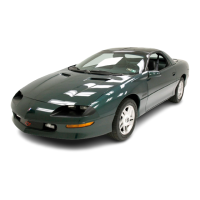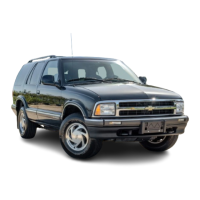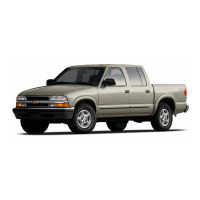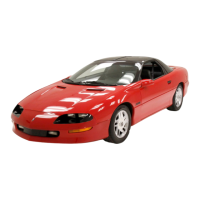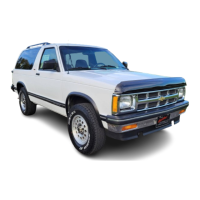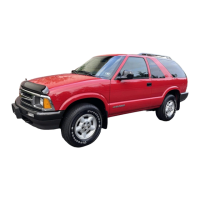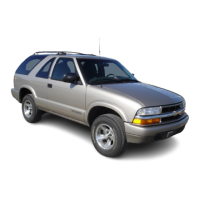0
Try
not
to
pass more than one vehicle at a time
on
two-lane roads.
Reconsider before passing
the
next vehicle.
0
Don’t overtake a slowly moving vehicle
too
rapidly. Even though the
brake lamps are
not
flashing,
it
may be slowing down or starting to
turn.
0
If you’re being passed, make
it
easy
for
the following driver to get
ahead of
you.
Perhaps
you
can ease a little
to
the right.
Loss
of
Control
Let’s review what driving experts say about what happens when the three
control systems (brakes, steering and acceleration) don’t have enough
friction where the tires meet the road to do what
the
driver has asked.
In any emergency, don’t give up. Keep trying
to
steer and constantly seek an
escape route or area of less danger.
Skidding
In a skid,
a
driver can lose control
of
the vehicle. Defensive drivers avoid
most skids by taking reasonable care suited to existing conditions, and by
not “overdriving” those conditions. But skids are always possible.
The three types
of
skids correspond
to
your vehicle’s three control systems.
In
the braking skid your wheels aren’t rolling. In
the
steering or cornering
skid, too much speed or steering
in
a curve causes tires to slip and
lose
cornering force. And
in
the
acceleration skid too much throttle causes the
driving wheels to spin.
A
cornering
skid
and an acceleration skid are best handled by easing your
foot off the accelerator pedal.
If your vehicle starts
to
slide, ease your foot off the accelerator pedal and
quickly steer the way you want the vehicle to
go. If you start steering
quickly enough, your vehicle may straighten
out.
Always be ready for a
second skid
if
it
occurs.
Of course, traction
is
reduced when water, snow, ice, gravel, or other
material is on the road. For safety, you’ll want
to
slow down and adjust your
driving
to
these conditions. It is important
to
slow down on slippery
surfaces because stopping distance will be longer and vehicle control more
limited.
While driving on
a
surface with reduced traction,
try
your best to avoid
sudden steering, acceleration, or braking (including engine braking by
shifting to a lower gear). Any sudden changes could cause
the
tires
to
slide.
You
may
not
realize
the
surface is slippery
until
your vehicle is skidding.
Learn to recognize warning clues
-
such
as
enough water, ice or packed
snow on the road
to
make a “mirrored surface”
-
and slow down when
you
have any doubt.
4-
11
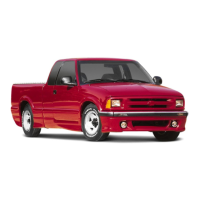
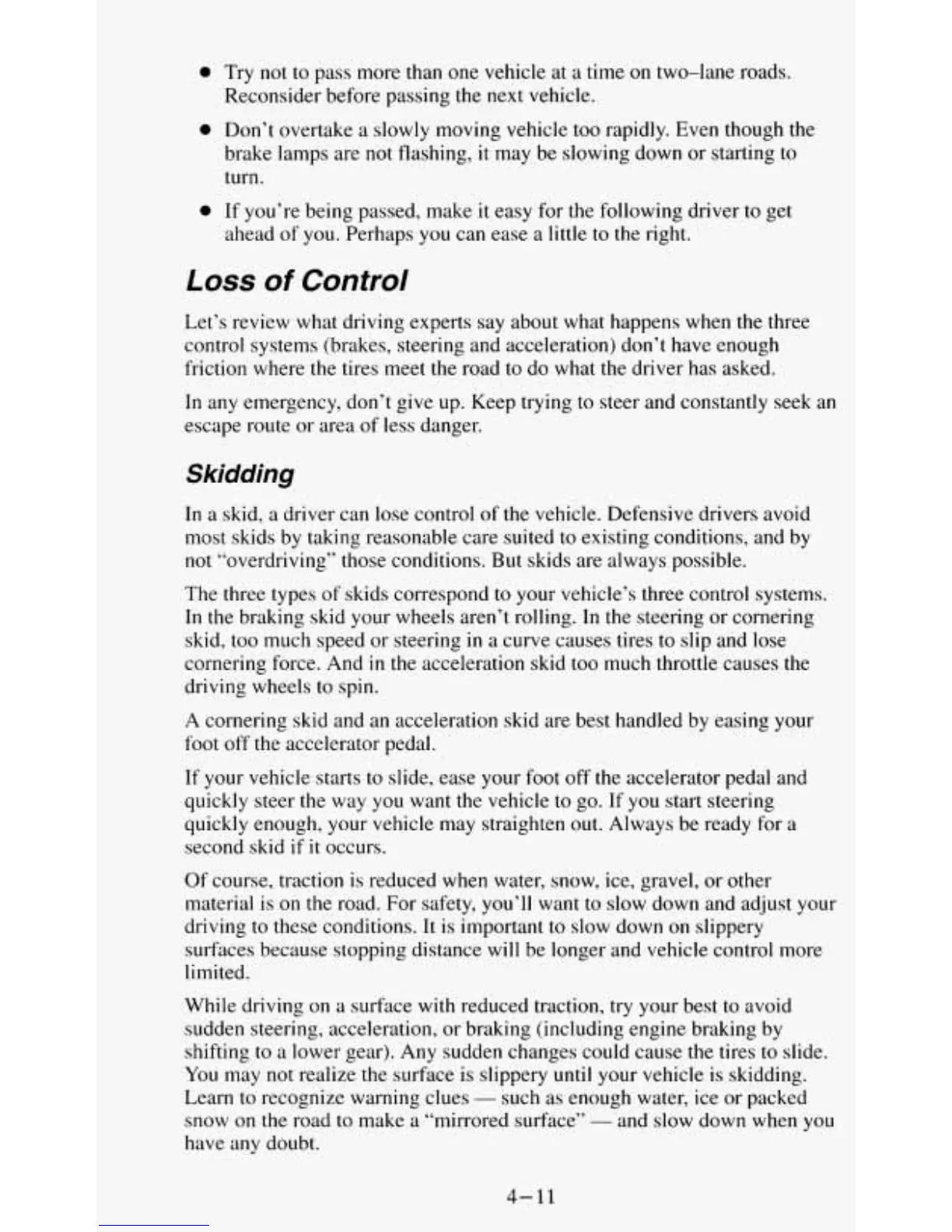